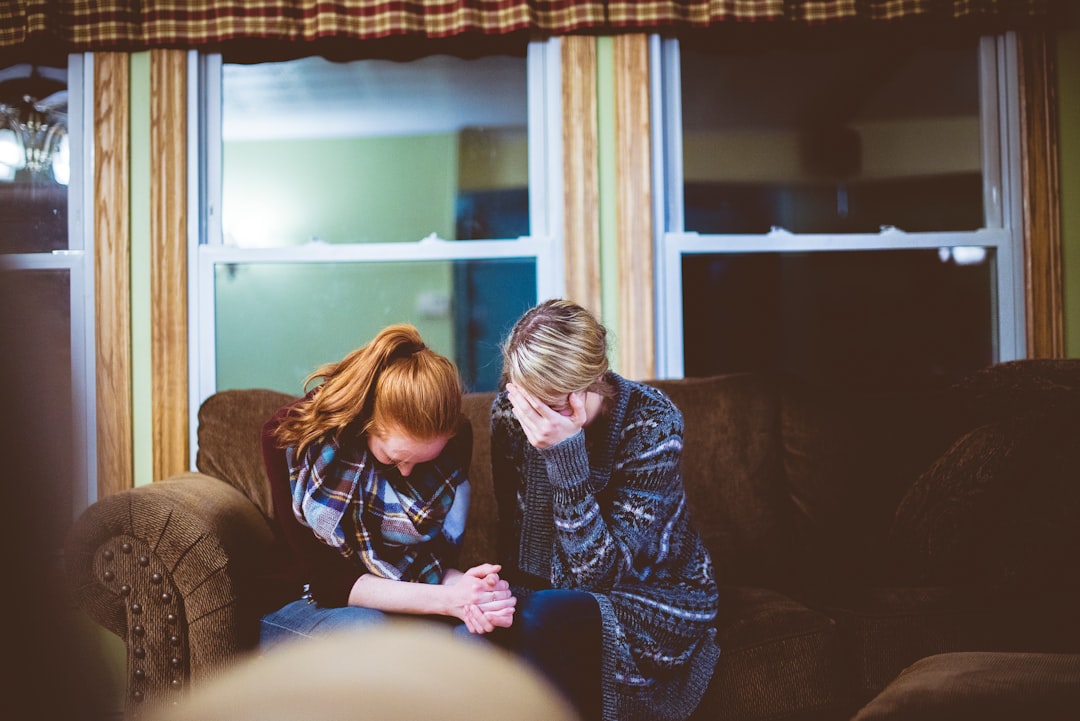What is it about?
We interviewed 28 informal caregivers about their experience of caring for a loved one with cancer. Through focus groups interviews we could see three recurring themes: Setting aside one's own needs, assuming the role of project manager, and losing one's sense of identity. Together these themes formed the framing theme "Being co-afflicted".
Featured Image

Photo by Sandy Millar on Unsplash
Why is it important?
There are many people with cancer, and for each person with cancer there is a number of people who are close to them. These people often become caregivers to some extent, and for some, the role has a high price. Society benefits from informal caregivers, as it saves money for the health care system, but takes little or no responsibility for the well-being of the informal caregivers. We think that informal caregivers should receive more support.
Perspectives
I have worked in oncology and at first I thought it was strange that we didn't offer support for informal caregivers. When we eventually did, there were very few that actually signed up. Turns out they didn't have the time to take care of themselves. Working on this article has given me new perspectives on how much cancer impacts us all, either we get directly afflicted ourselves or if we become co-afflicted.
Mattias Tranberg
Lunds Universitet
Read the Original
This page is a summary of: Co-afflicted but invisible: A qualitative study of perceptions among informal caregivers in cancer care, Journal of Health Psychology, November 2019, SAGE Publications,
DOI: 10.1177/1359105319890407.
You can read the full text:
Contributors
The following have contributed to this page










